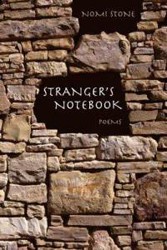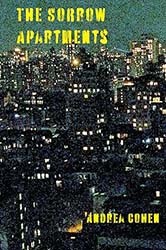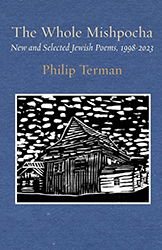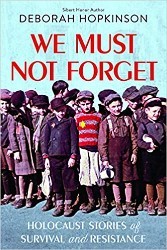The first woman, the first transgressor, the first mother: While so many of our myths stretch back to her, it might seem that there is nothing new to say about Eve. Fortunately, the work of poetry goes beyond saying. In Between Paradise & Earth: Eve Poems, over seventy poets follow lyric threads through the story of this foundational figure, demonstrating her continued relevance.
Or, rather, her stories, plural — for not only do these poems go far beyond Genesis and its commentaries, they also recognize that Eve’s life is like any human’s: not a single narrative, but many. Each poet reckons with that fact in both expected and unexpected ways, locating Eve everywhere from the first moments of the Creation story to old age. Trans poet Justice Ameer finds Eve in Adam’s body before her creation, observing that “it takes the hacking of a body / to make a woman / Adam hacking up a piece of his body.” In Ona Gritz’s “Eden,” Eve’s acquisition of language leads directly to her transgression: “A round fruit the color of fire / hangs from the highest branch. / I want, I say, startled by the phrase.” And in Ansel Elkins’s “Autobiography of Eve,” the speaker subverts an old tale: “Let it be known: I did not fall from grace. // I leapt / to freedom.”
As Elkins reminds us with her confrontation of the Christian “fall from grace” trope, Eve doesn’t belong only to Jewish text and tradition. Although Jewish poets — among them Nancy Naomi Carlson, Jessica Jacobs, Aviya Kushner, Victoria Redel, and Brooke Sahni — are well represented here, the strength of the collection lies in the rich diversity of its contributors’ backgrounds, perspectives, and poetics. Some of the most persuasive poems settle into a double voice that serves both Eve and the contemporary speaker, whose life in some way intersects with the myth. The speakers of Ama Codjoe’s “Why I Left the Garden,” Ronnie Hess’s “Eve’s Lament,” and Amy Dryansky’s “(Eve) Talking to Herself (Mother’s Day),” among others, use the myth of Eve to investigate motherhood, relationships, loss, and many kinds of knowledge. Indeed, knowledge — racial, gendered, corporeal, linguistic, and historical — is the keynote of the collection, which is organized according to the outlines of the biblical narrative. But its structure still leaves generous room for midrashic leaps into speculation, adventure, and play.
With few exceptions, among them Lucille Clifton’s “Eve Thinking” and a rare Toni Morrison poem, “Eve Remembering,” this is a twenty-first century anthology — and its contemporaneity is a powerful reason to recommend it. Between Paradise & Earth conveys Eve’s enduring relevance and suggests that her myths will continue to evolve according to our need for them. As Andrea Cohen observes in “Eavesdropping on Adam and Eve”: “It didn’t get interesting / until after they’d left.”
Nan Cohen is the author of the poetry collections Rope Bridge and Unfinished City and the chapbook Thousand-Year-Old Words. The recipient of a fellowship from the Yetzirah conference for Jewish poets, her poems have recently appeared on The Slowdown and in The Beloit Poetry Journal.





